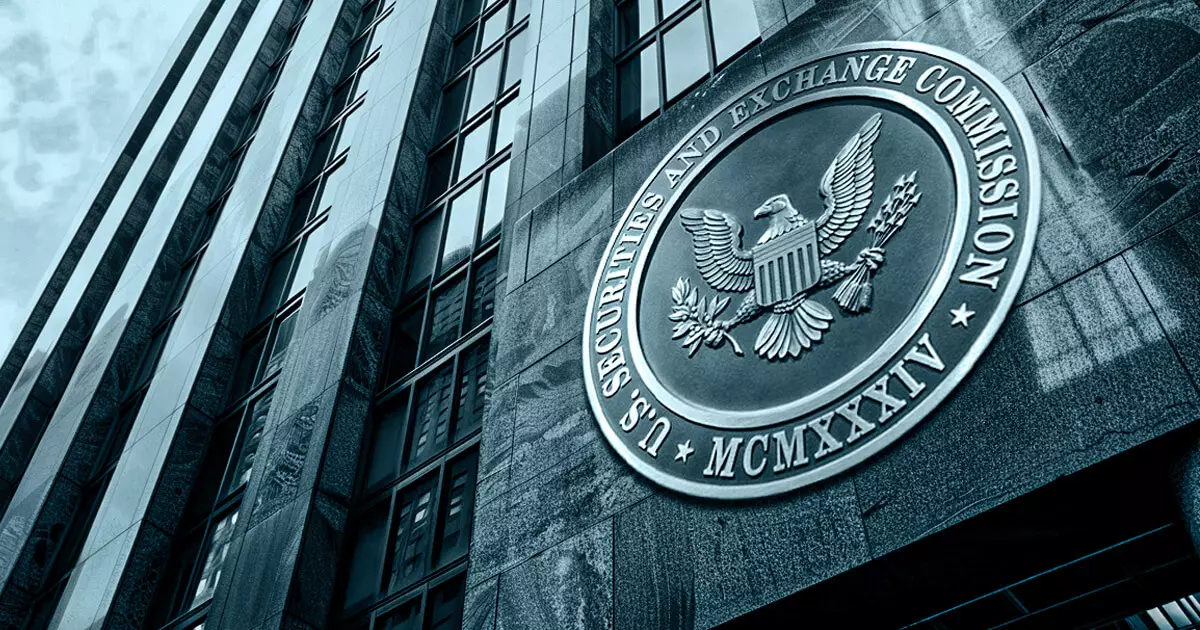The Securities and Exchange Commission (SEC) took a strong stance against Richard Heart’s attempt to dismiss a $1 billion fraud case, asserting that his actions directly targeted US investors. The SEC’s filing emphasized that Heart’s activities, including the promotion of unregistered digital assets like HEX, PulseChain, and PulseX, fell under US jurisdiction. The regulator’s claims of extensive securities fraud were backed by evidence that Heart allegedly raised over $1 billion from investors worldwide, misappropriating millions for personal luxuries like cars and extravagant items.
Heart, also known as Richard Schueler, pushed back against the SEC’s allegations by arguing that his actions primarily conducted outside the US should not be subject to US securities laws. He contended that the transactions in question were largely foreign and did not have a substantial effect on US investors. Heart’s defense also raised concerns about the adequacy of the SEC’s claims, particularly in relation to fraud allegations.
In response, the SEC refuted these arguments in a detailed memorandum, highlighting Heart’s extensive efforts to promote the crypto tokens to US investors. The SEC pointed to his personal appearances at US-based events, active engagement with US investors through online platforms and social media, and specific marketing strategies aimed at attracting investments from within the country. This direct targeting of US investors formed the basis for the SEC’s jurisdictional claims against Heart.
The SEC’s complaint against Heart included accusations of unregistered offering and sale of securities, violating Sections 5(a) and 5(c) of the Securities Act of 1933. Additionally, Heart was accused of breaching antifraud provisions under Section 17(a) of the Securities Act and Section 10(b) of the Securities Exchange Act of 1934. The watchdog detailed how Heart misled investors about the use of their funds, diverting significant amounts for personal luxuries, such as expensive cars and luxury items.
The SEC’s opposition document underscored the deliberate efforts made by Heart to target US investors and attract substantial investments from within the country. This strategic marketing approach, combined with the magnitude of the alleged fraud and Heart’s connections to the US, formed a strong argument for the court’s jurisdiction over him.
SEC’s Commitment to Legal Action
Despite Heart’s defense and attempts to dismiss the case, the SEC remains determined to pursue legal action against him. The regulator’s unwavering commitment to holding accountable those who engage in deceptive practices in the digital asset space demonstrates its dedication to enforcing securities laws and protecting investors.
The SEC’s aggressive pursuit of Richard Heart in the $1 billion fraud case highlights the regulator’s proactive approach to addressing fraudulent activities in the digital asset market. By emphasizing the direct targeting of US investors, detailing the alleged violations, and asserting jurisdiction over the case, the SEC sends a clear message about the consequences of deceptive practices in the evolving landscape of financial markets.


Leave a Reply